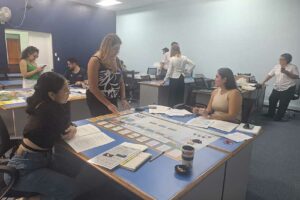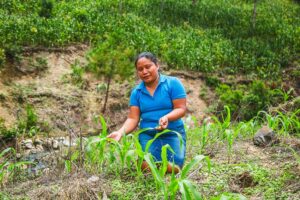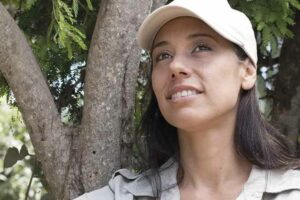CATIE Students Learn Alongside French Professors About Environmental Policies
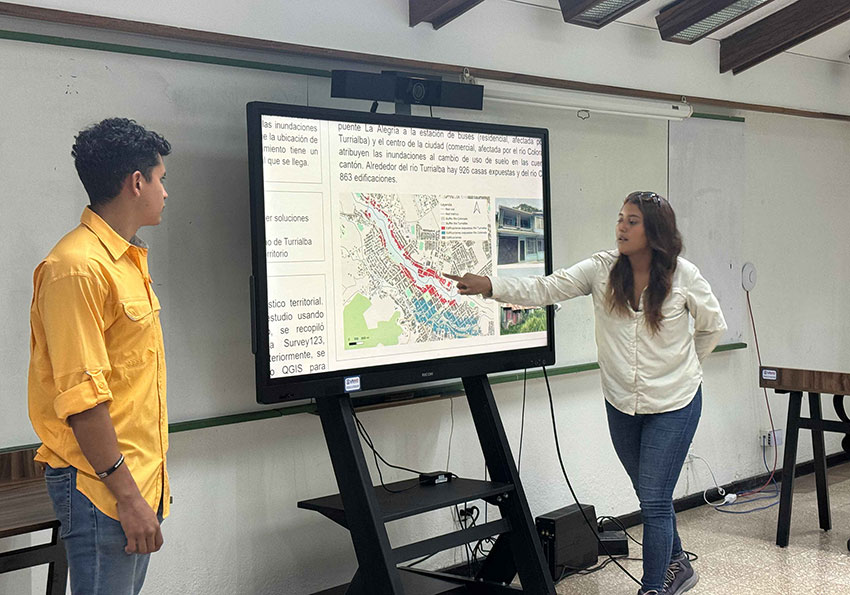
- Four-day workshop held on campus focused on learning about territorial diagnosis and analysis, with participation from Róger Madrigal, researcher from the UEAAS/EfD at CATIE
The analysis and evaluation of public policies related to infrastructure development and environmental protection, as well as ensuring students have general knowledge of environmental assessment legislation from both France and Latin America, are part of the final competencies expected to be mastered by those participating in the course "Environmental Policies and Transport Infrastructure: Tools and Studies from France and Latin America."
The course is taught to students of various master's programs at CATIE (Tropical Agricultural Research and Higher Education Center), thanks to a collaboration agreement reached between the Unit of Environmental Economics and Sustainable Agribusiness (UEAAS/EfD) and the project "Mapping Environmental Protection Policies and Transport Infrastructure in Latin America" (CEENTRAL), coordinated by the École Supèrieur des Professions Immobilières (ESPI) in France.
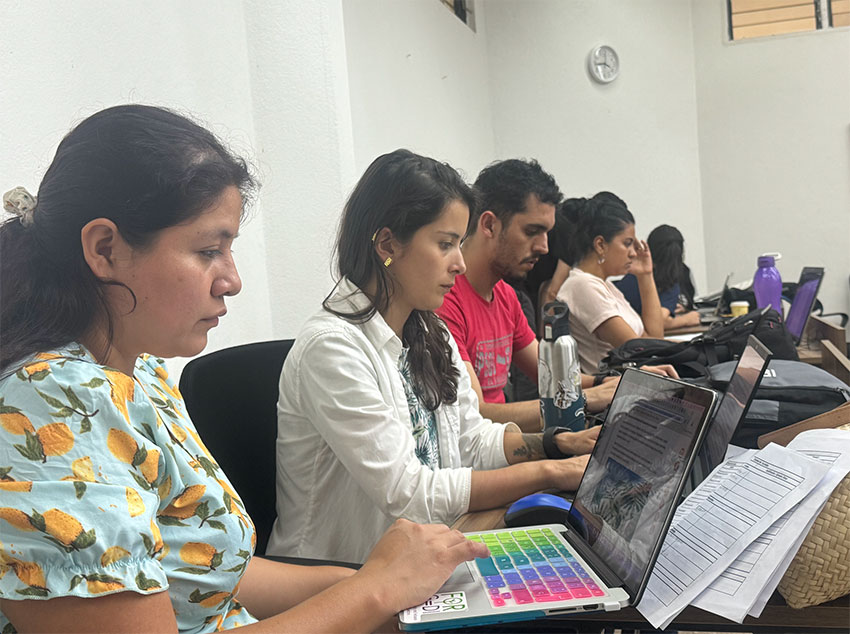
Carmen Cantuarias-Villessuzanne, professor and researcher in economics at the ESPI2R Laboratory, shared four days of instruction at the beginning of July with CATIE students, along with Laetitia Turrey and Jeffrey Blain, professors and researchers at ESPI, and Róger Madrigal, coordinator of the UEAAS/EfD, researcher at CATIE.
Cantuarias expressed that CATIE was chosen for the course due to its extensive experience in Latin America and its status as a regional teaching center.
Acquisition of Practical Knowledge
The knowledge imparted during the course is distributed across three modules and a workshop. The first module covers economic development, infrastructure, and deforestation. The second and third modules address environmental assessment and regulation and economic valuation for the design of policy instruments for landscape integration and ecological continuity, respectively. These modules are delivered in a virtual format with both synchronous and asynchronous sessions.
The workshop, provided in-person, allowed both teachers and students to get to know each other and learn both theoretical and practical aspects.
During the four days on the CATIE campus, lectures were given, doubts were clarified, experiences were shared, and a field visit to the Turrialba center was conducted.
The purpose of this visit was to conduct a territorial diagnosis, enabling students to understand, through local testimonies, the problems experienced due to floods in the canton center, involving aspects of prevention, risk, lack of urban planning, community organization, political decision-making, among other factors.
On the last day, the group of CATIE students worked on designing posters to present the main findings from both the field visit and the review of documents, reports, and news. These posters, worked on in groups, also allowed participants to demonstrate their skills by sharing knowledge and findings, making it a constructive academic practice.
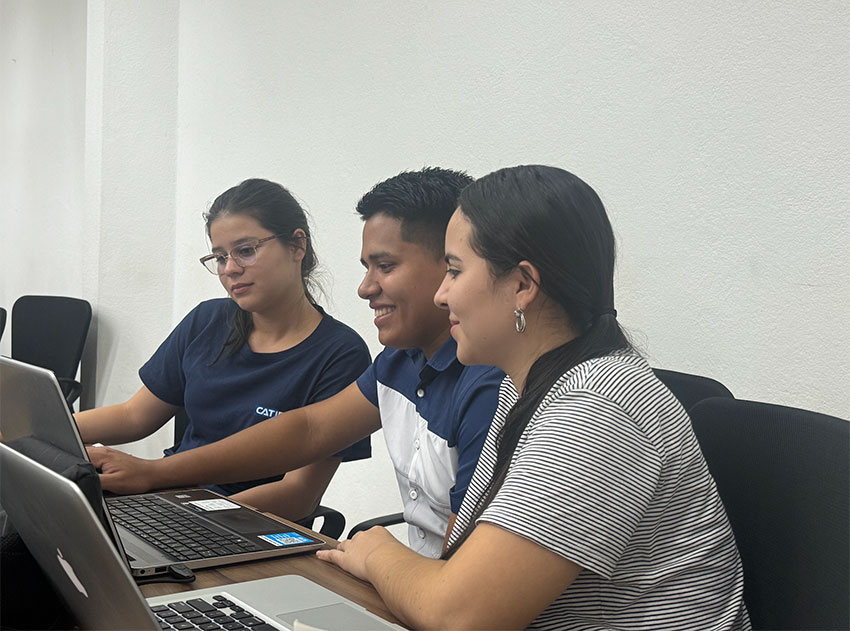
Replication
Carmen Cantuarias-Villessuzanne shared that "they hope to disseminate the CENTRAAL course in academic institutions in Latin America and France, with the goal of developing a regional map of protection policies and a taxonomy of economic instruments in favor of biodiversity and ecosystems adapted to Latin American countries."
Currently, the CENTRAAL project brings together three academic institutions, including CATIE in Costa Rica, the San Ignacio de Loyola University (USIL) in Peru, and ESPI in France, as well as the infrastructure construction company SETEC and the Centre d’Études et d’Expertise sur les Risques, l’Environnement, la Mobilité et l’Aménagement (CEREMA), in a consortium focused on integrating biodiversity and ecosystems in Latin America.
More information:
Róger Madrigal B.
Coordinator
Environmental Economics and Sustainable Agribusiness Unit (UEAAS/EfD)
CATIE
rmadriga@catie.ac.cr
Carmen Cantuarias-Villessuzanne
Professor and Researcher in Economics
Associate Professor in Economics, ESPI Paris
ESPI2R Laboratory, ESPI Research in Real Estate Research Unit Research in Real Estate
Written by:
Marianela Argüello L.
Communication and Knowledge Management Officer
Environmental Economics and Sustainable Agribusiness Unit (UEAAS/EfD)
CATIE
marguello@catie.ac.cr

